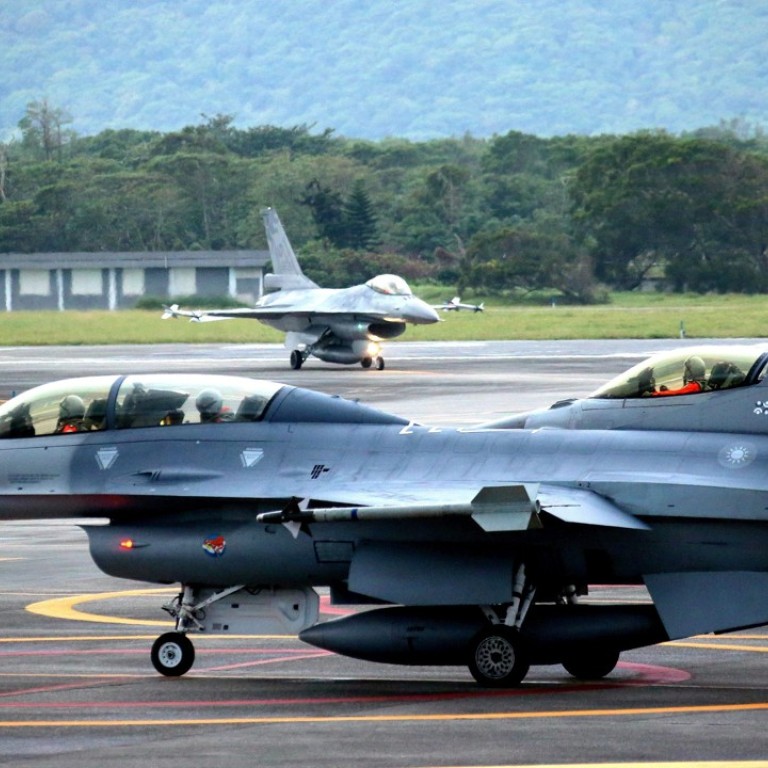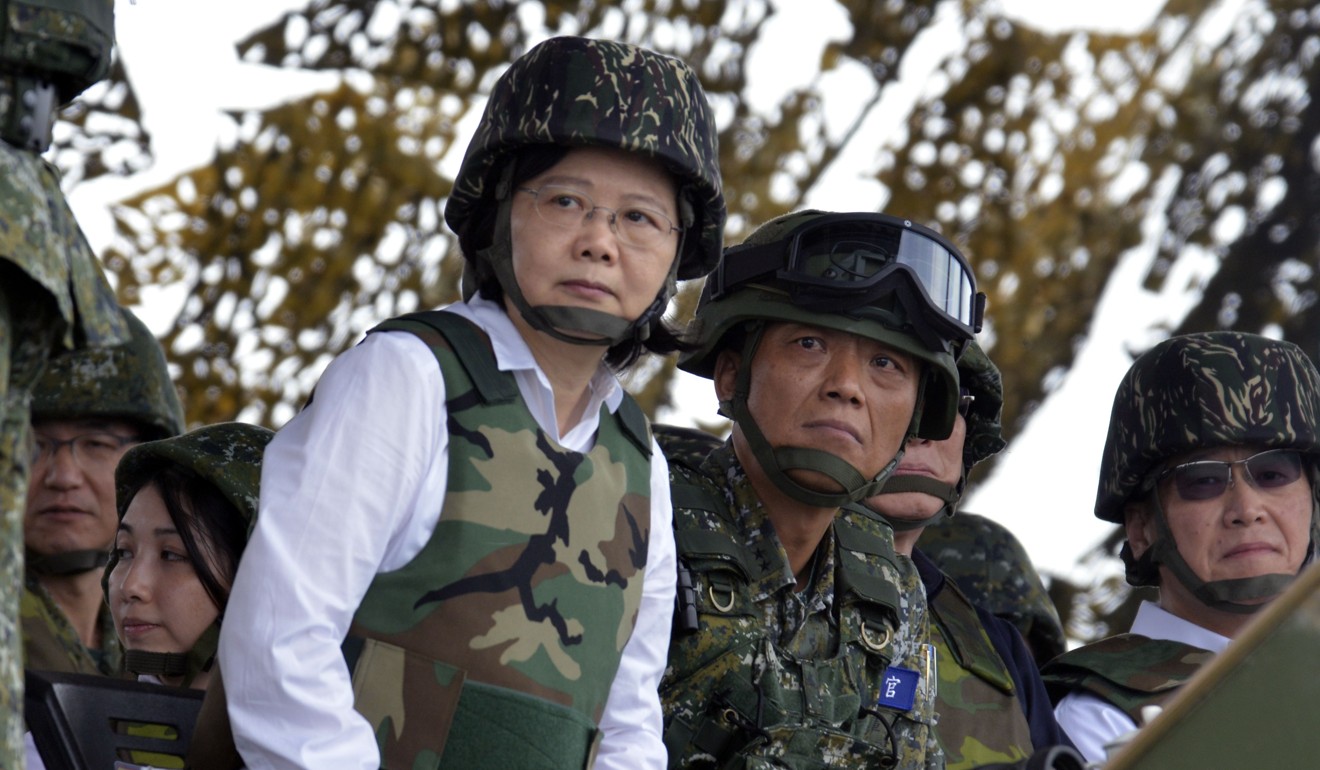
US arms sales to Taiwan only a matter of time, but bound to leave Taipei uneasy
Ankit Panda says that the announcement of the US$1.4 billion package may raise Taipei suspicions over whether it is a genuine show of support or a ploy aimed at forcing more cooperation from Beijing over North Korea
After months of rumour and speculation, the US Department of State approved a US$1.4 billion arms package for Taiwan comprising everything from new missiles to technical support to an electronic warfare suite.
The approval is the first of its kind for Taiwan since US President Donald Trump was inaugurated. The last package to be approved for Taiwan was in December 2015.
More importantly, however, this is the first US arms package to receive clearance for Taiwan since Tsai Ing-wen took office as Taiwan’s president in May 2016.
Since Tsai’s inauguration, ties have cooled across the Taiwan Strait, amid great scepticism in Beijing about the ultimate intentions of Tsai’s independence-leaning Democratic Progressive Party.
China considers Taiwan part of its territory. Since Tsai’s inauguration, Beijing has gradually chipped away at Taipei’s international space and diplomatic allies. Most recently, in June, Panama switched its diplomatic recognition from Taipei to Beijing, leaving Taiwan with just 20 states that give it diplomatic recognition over China.
Amid Taipei’s shrinking international space, the announcement of a new arms package is a welcome show of support from the United States. But, given Trump’s previous insinuations about the United States’ one-China policy and the possibility of Taiwan turning into a bargaining chip for the United States to gain leverage over China, there are risks to Taipei too.
The Trump administration has been obsessed with seeking China’s help in reining in North Korea’s parallel development of more advanced ballistic missiles and more powerful and compact nuclear devices.
The announcement of the sale comes just a week after the first inaugural US-China Diplomatic and Security Dialogue, where both sides left without any significant publicised progress in their cooperation on North Korea.
Chinese officials have already reacted angrily to the arms sale announcement. Cui Tiankai, China’s envoy to the United States, reportedly noted that the sale “runs counter to the spirit of the Mar-a-Lago summit” – the amicable first face-to-face meeting between Trump and Xi in April this year.
For now, as the announcement becomes official, Taipei will sit uneasy – perhaps unsure if this arms package is a bona fide show of resolute support for Taiwan’s defence self-sufficiency in line with the Taiwan Relations Act and the so-called Six Assurances, or simply a card to be played to coerce Xi’s compliance on North Korea.

Coinciding with news of the package clearance becoming public, the US Senate Arms Services Committee approved a measure that would allow US Navy vessels to make port calls to Kaohsiung and other Taiwanese ports.
Though the measure would need wider congressional approval, it also marks a show of support in the United States for Taiwan. Beijing will pay little attention to the fact that the arms sale and the measure allowing the port calls originated in different branches of the US government.
As with all US military sales to other countries, the package must first receive approval from the US Congress – an obstacle that is likely to be easily surmountable given widespread legislative support for the Taiwan Relations Act.
Concern that the arms sale is a sign of the Trump administration using Taiwan as a bargaining chip may also be premature in one important way: an arms package for Taiwan was always in the pipes sooner or later.
Given growing Chinese pressure across the strait, Taiwan’s loss of international space, and the United States’ obligations to Taiwan under the Taiwan Relations Act, it was only a matter of time.
Ankit Panda is a senior editor at The Diplomat, where he writes on international security, diplomacy and economics in the Asia-Pacific region

